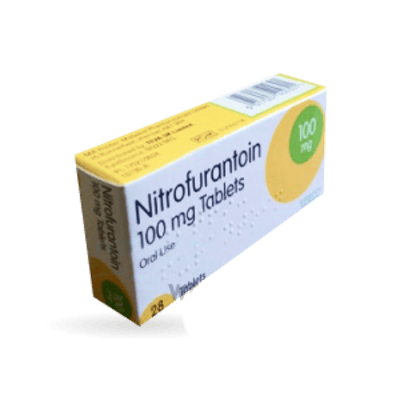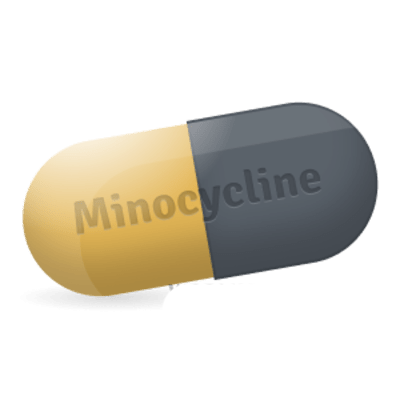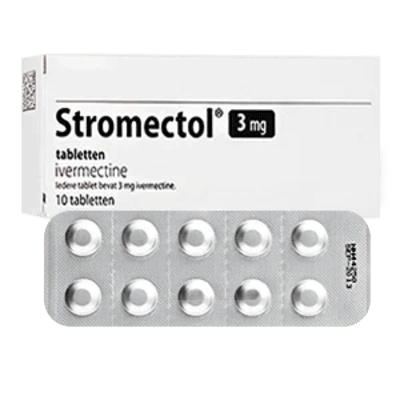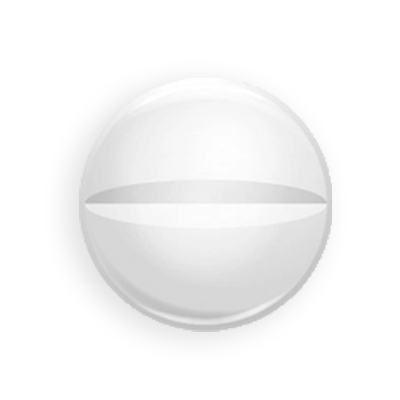I took nitrofurantoin to treat cystitis and was pleased with the result. The symptoms were significantly reduced on the second day, and after three days I felt completely healthy. I did not notice any side effects, which was very pleasant.

Nitrofurantoin
- Quality products
- Support 24/7
- Fast delivery
What is it?
Nitrofurantoin is an antibiotic that is widely used to treat uncomplicated cystitis in women. In recent years, it has increasingly replaced trimethoprim as the first-line treatment for cystitis, as more bacteria that cause cystitis become resistant to trimethoprim. About 30% of infections are resistant to trimethoprim, while only 3% are resistant to nitrofurantoin. Thus, nitrofurantoin has become the first-line treatment for many women, given its high effectiveness in treating these infections.
Composition
The composition of nitrofurantoin includes the active substance nitrofurantoin, which has an antimicrobial effect. This substance actively penetrates into bacterial cells and disrupts their metabolic processes, which leads to the death of microbes. Along with the active component, the capsules also contain additional ingredients that create a shell and help the effective absorption of the drug in the body.
- Nitrofurantoin is the main active component of the drug and works directly against bacteria.
- Excipients such as lactose and gelatin, which are used to form a capsule and improve the absorption of the active substance.
- Various forms of nitrofurantoin, such as Macrobid, may contain additional ingredients to facilitate tactics when taking the drug.
How to use?
To use nitrofurantoin, it is necessary to follow the dosage recommendations and conditions of administration. The drug should be taken orally with food or a milk drink to reduce the risk of side effects from the gastrointestinal tract. It is recommended to take nitrofurantoin in the form of capsules of 100 mg twice a day at intervals of 12 hours for 3 days.
- Take one capsule of 100 mg with food or a milk drink.
- Repeat the dose after 12 hours, without exceeding the recommended dosage.
- The course of treatment is 3 days; if symptoms persist or worsen, consult a doctor.
How does it work?
The action of nitrofurantoin is based on its ability to penetrate into the bacterial cell and disrupt their vital processes. It effectively fights infections that cause cystitis due to its mechanism of interaction with the genetic material of bacteria. Thus, the drug kills bacteria, preventing them from further multiplying and causing inflammation.
Nitrofurantoin differs from many other antibiotics in its rapid onset of action. Improvement in symptoms is often observed within 24 hours after the start of treatment. If there is no improvement, it is important not to extend the course on your own and consult a doctor, as this may indicate bacterial resistance or interaction with other drugs.
Indications
Indications for the use of nitrofurantoin include the treatment of uncomplicated cystitis and the prevention of its recurrence. In addition, the drug can be used to treat other infectious diseases caused by microorganisms sensitive to the action of nitrofurantoin. For women suffering from recurrent episodes of cystitis, nitrofurantoin can also be recommended as a reserve agent.
- Acute uncomplicated cystitis in women.
- Prevention of recurrent cystitis.
- Treatment of urinary tract infections caused by sensitive microorganisms.
Contraindications
Contraindications to the use of nitrofurantoin include the presence of certain diseases and conditions in which the use of the drug may be unsafe. It is not recommended to use nitrofurantoin in chronic liver disease, lung disease and some forms of anemia. The drug may also be contraindicated in people with hypersensitivity to its components.
- Chronic liver or lung disease.
- Impaired kidney function.
- Anemia associated with glucose-6-phosphate dehydrogenase deficiency.
- Hypersensitivity to nitrofurantoin or any of the components of the drug.
Side effects
Taking nitrofurantoin may be accompanied by a number of side effects, which are usually short-lived and disappear after the end of the course of treatment. Among the most common side effects are changes in the color of urine, nausea or dizziness. However, it is important to carefully monitor your condition and seek medical help if severe reactions occur.
- Change in the color of urine (dark yellow or brown).
- Nausea or indigestion.
- Dizziness or a slight feeling of fatigue.
- Rarely - allergic reactions requiring medical intervention.
Frequently asked questions
Nitrofurantoin Reviews and Experiences
After many attempts to cope with cystitis with other drugs, I decided to try nitrofurantoin. The course of treatment lasted only three days and the symptoms subsided very quickly. Although I noticed a change in the color of urine, it did not cause discomfort.
With nitrofurantoin I dealt with recurrent cystitis. The main thing is to start taking the drug on time and follow the instructions. I managed to quickly get rid of unpleasant symptoms without any side effects.









